Company Insight
Sponsored by Alleima
Breast cancer treatment: Nitinol’s solution for effective biopsy markers
October is Breast Cancer Awareness Month, a time dedicated to raising awareness about breast cancer, promoting early detection, and supporting those affected by the disease. Breast cancer is one of the most prevalent cancers in the world according to statistics from the World Health Organization (WHO). The prevailing factor in improving survival rates is early detection.
Breast-conserving surgery, also known as lumpectomy, is a treatment option for many women with early-stage breast cancer. For this operation, the surgeon removes only the cancerous tissue along with a margin of healthy breast tissue surrounding it. A pathologist then examines this margin to confirm that no cancer cells remain.
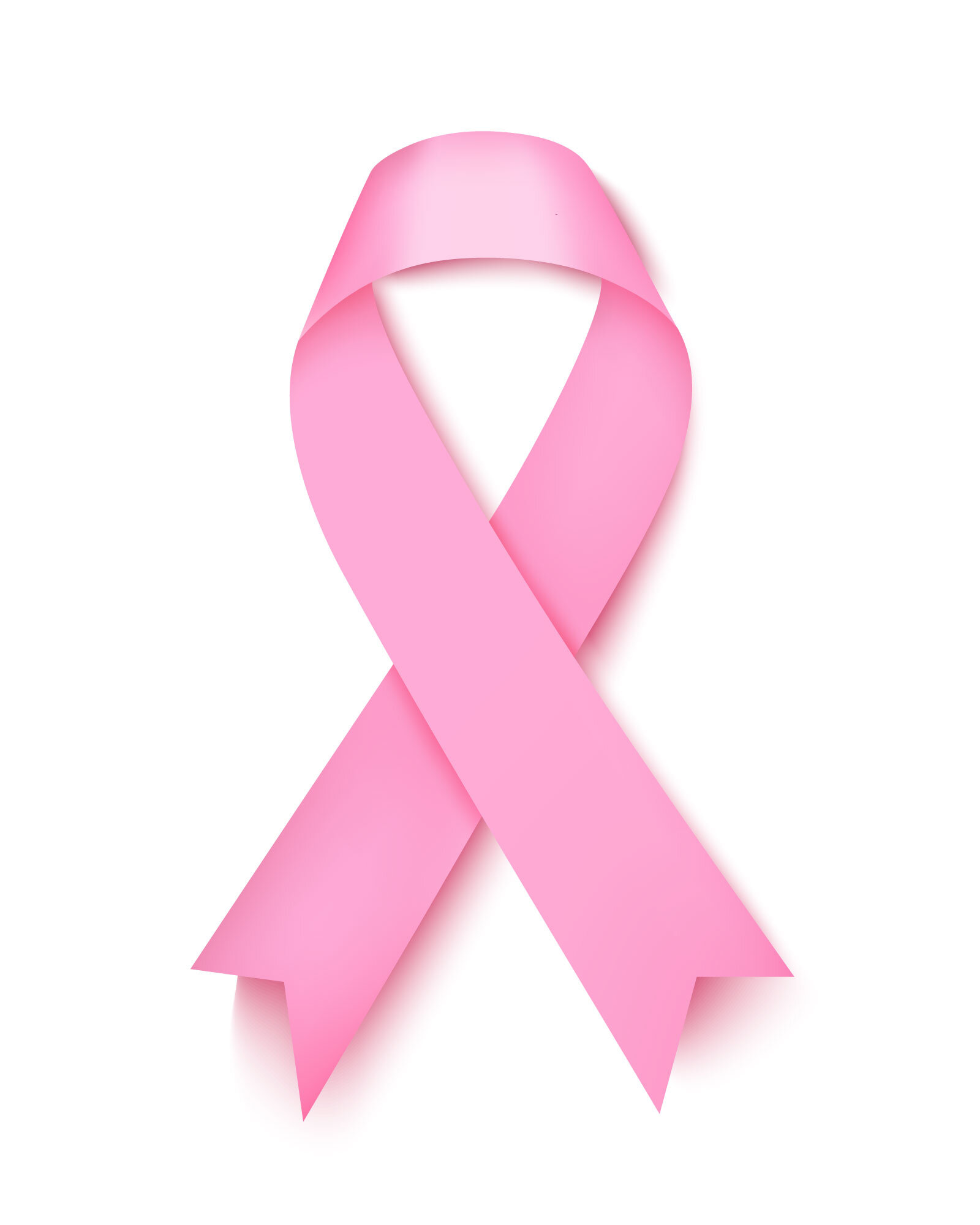
The pink ribbon is an international symbol of breast cancer awareness.
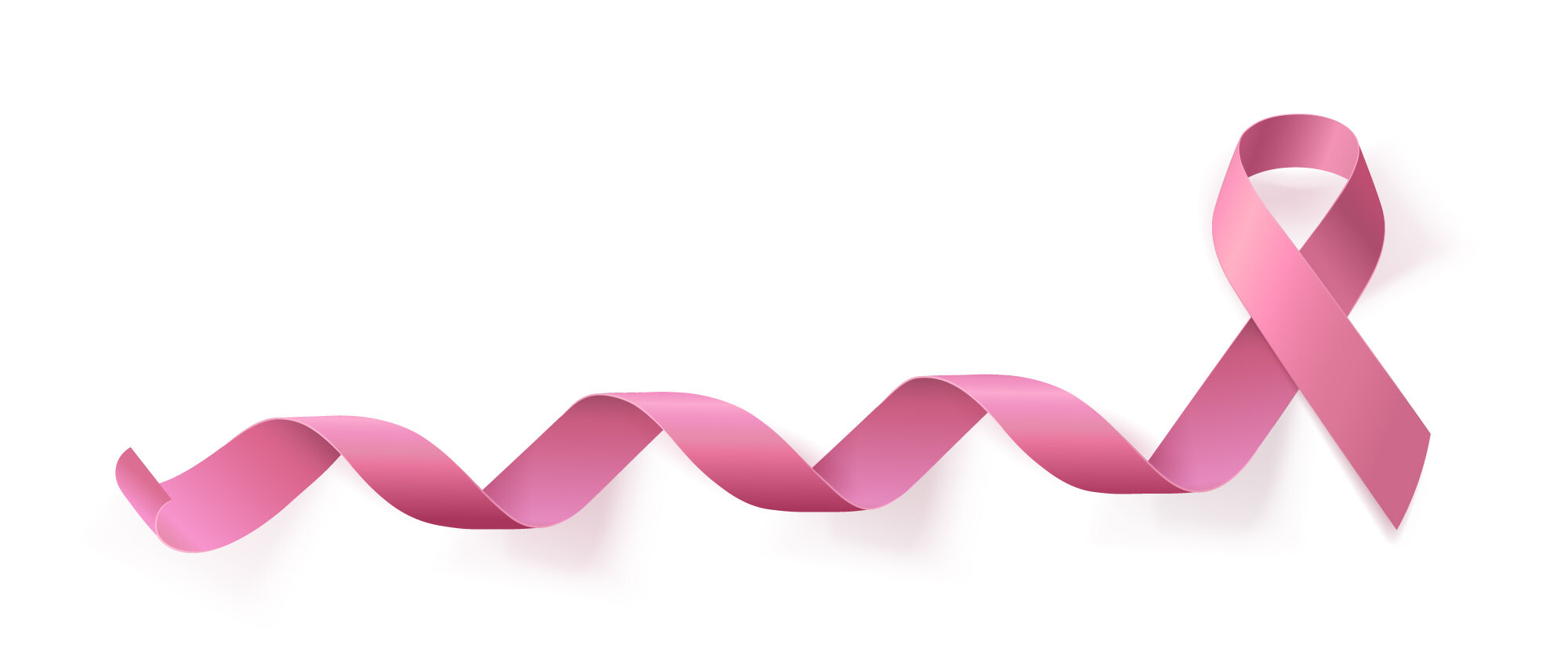
Braiding and Twisting detail center. Credit: Alleima
Lumpectomy surgeries are less invasive, removing less breast tissue and leaving minimum scarring. The U.S. National Institutes of Health released a statement back in 1990 stating that a lumpectomy followed by radiation was preferred over mastectomy to treat early-stage breast cancer, and current studies indicate that this is still the case.
Wire components related to breast cancer – localization wire
In early-stage breast cancer, it is not uncommon for changes in the breast tissue to not be detectable via a manual examination. While a mammogram can show surgeons abnormal areas of the breast, the surgeon will need to carry out a wire-guided excision biopsy, or wire localization procedure, to precisely locate and remove the lesion.
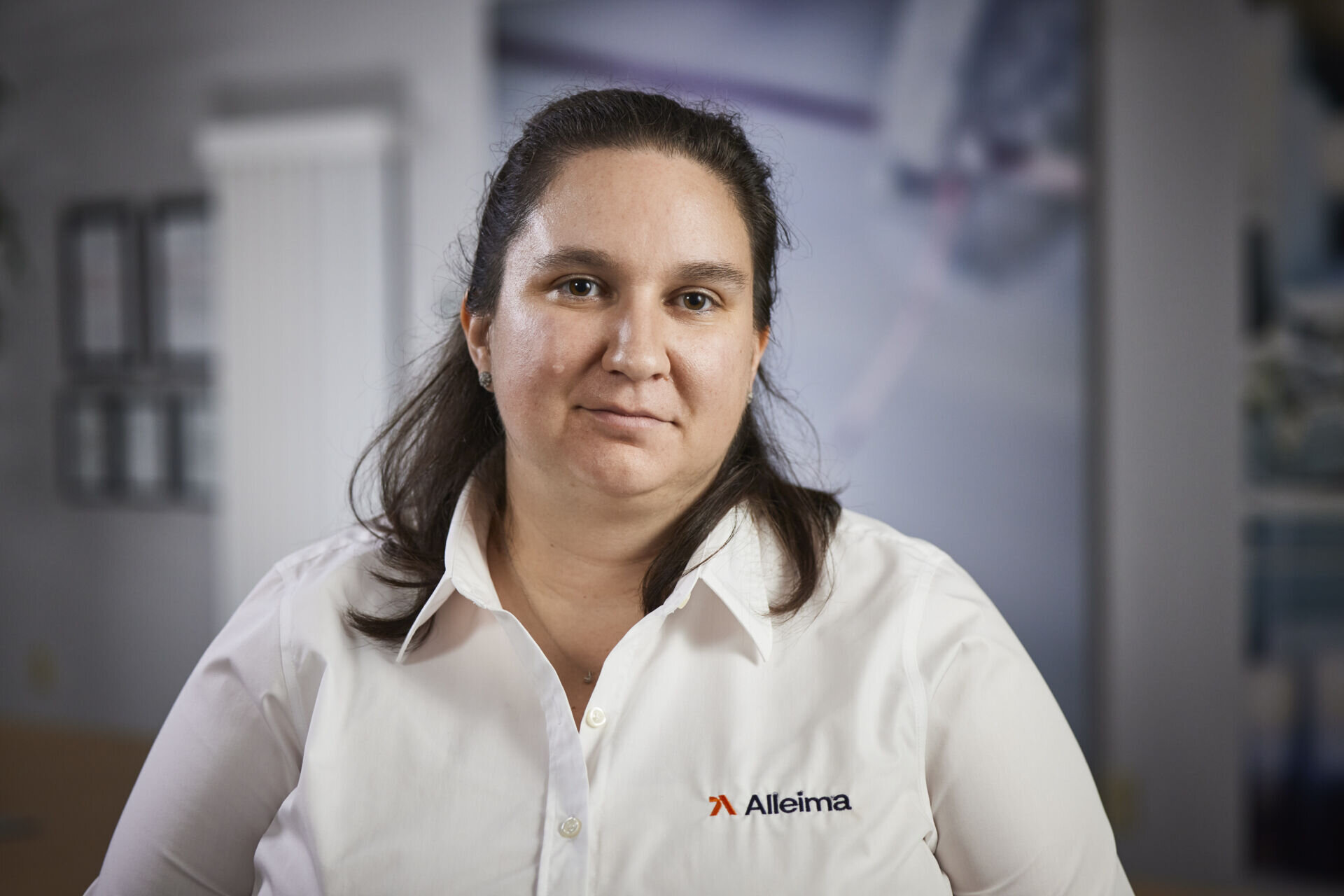
Dr Cacie McDorman, Engineering Manager at Alleima’s production unit in Palm Coast, is leading the work developing advanced wire-based components.
Alleima is a trusted partner to medical OEMs for its expertise in developing and manufacturing medical solutions such as ultra-fine wire or wire-based components. One of the company’s products is localization wire in breast cancer detection. Medical wire-based components for wire localization come in different lengths to accommodate the patient's breast size, ensuring the surgeon can reach the necessary depth within the breast tissue while leaving enough of the wire's tail exposed to facilitate the extraction.
Cacie McDorman, engineering manager at Alleima, emphasizes: “Generally the localization wires are made of either stainless steel or nitinol, which allows for flexibility and strength. Both are always important when you’re putting anything in the body.”
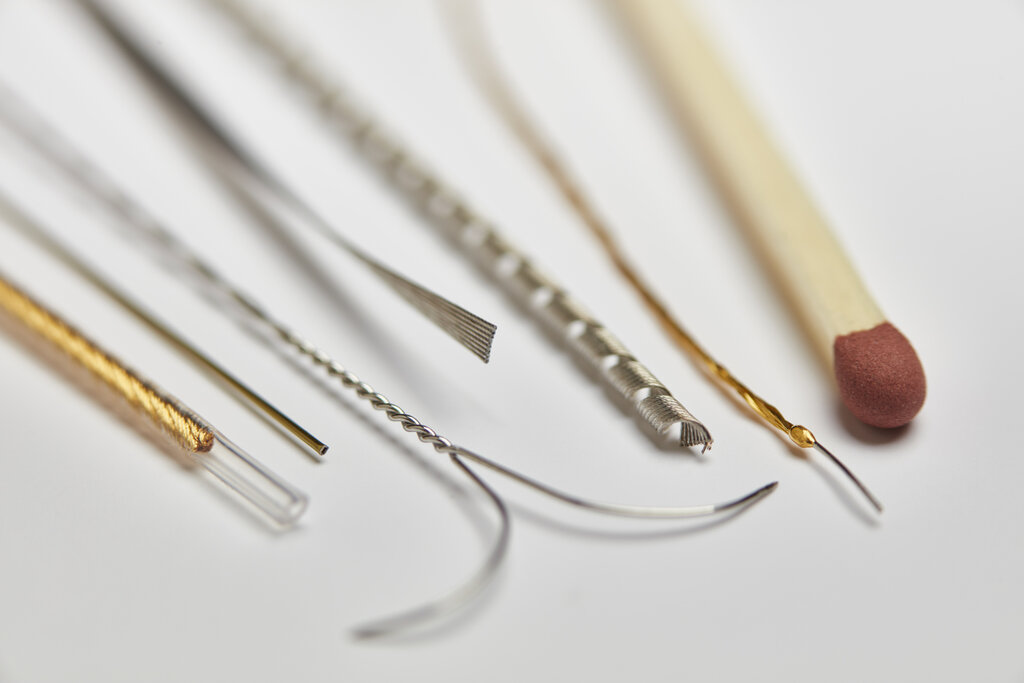
The wire-based component in the middle is a breast localization wire used at biopsy ensuring the surgeon can reach the necessary depth within the breast tissue. Credit: Alleima
“They are generally twisted wires, with two different twisting patterns – one is tighter than the other. That functions as a cue for the doctors when they are inserting it into the breast tissue as to how far it needs to go.”
Biopsy markers
Following a biopsy where tissue samples have been taken, doctors may use a tool to place a clip made of surgical-grade material called marker. This marker will be visible on a mammogram and is crucial for doctors to identify the exact biopsy site, especially if the patient is undergoing chemotherapy, which may alter the size and shape of the area.
Some challenges with traditional biopsy markers include their inability to immediately anchor into the tissue when deployed from the applicator. While certain markers are designed to address this issue, it can take up to 24 hours for them to fully attach. This delay creates a risk of marker migration after the procedure, leading to inaccurate identification of the biopsy site in subsequent mammograms.
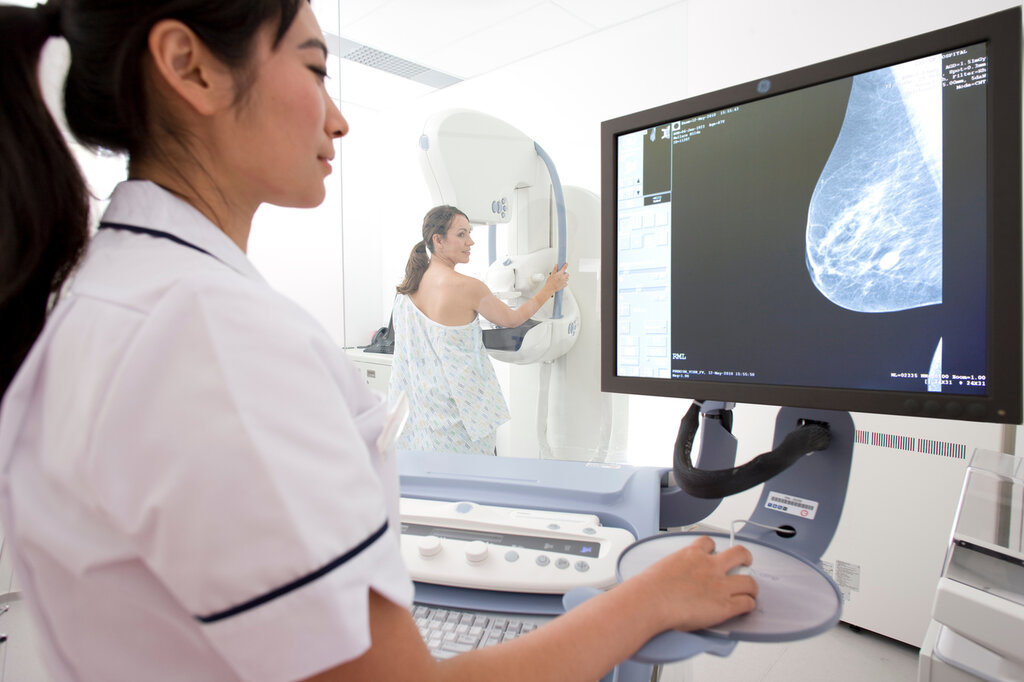
Alleima has in close collaboration with its customer developed a pioneering 3D biopsy marker visible on mammograms from any angle.
Additional challenges arise when a patient undergoes multiple biopsies. In such cases, doctors often use differently shaped markers to distinguish between biopsy sites. However, most markers are 2D and can appear significantly different depending on the viewing angle. For example, an “X”-shaped marker may appear as a straight line when viewed from the side.
Nitinol biopsy markers - a problem solver
Nitinol’s unique shape memory properties allow it to address many of the challenges associated with traditional biopsy markers. Its ability to be compressed and loaded into an applicator means that, once deployed, it instantly returns to its original shape and securely anchors into the tissue. This immediate fixation eliminates the risk of marker migration.
Alleima also produces markers in a variety of distinct shapes, enabling doctors to use different markers for multiple biopsies. Unlike most 2D markers on the market, this pioneering 3D marker system can easily be identified from any angle. Developed in close collaboration with its customers, these systems leverage Alleima’s nitinol expertise and precision manufacturing capabilities, offering a more effective solution for cancer biopsy markers.
About Alleima
Alleima’s engineering services for complex, life-changing medical solutions draw on a wide range of materials, including stainless steel, nitinol, and cobalt-chromium alloys, all known for their high quality, strength, and durability. By leveraging its extensive processing capabilities, the company’s solutions are particularly well-suited for applications that require navigating the body’s complex and delicate structures, such as catheters, guidewires, deep brain stimulation, and remote patient monitoring, among others.
To find out more about Alleima’s engineering solutions and nitinol processing capabilities visit their website.
Contact information
Alleima Advanced Materials
1 Commerce Blvd.,
Palm Coast, FL, 32164,
United States
Tel: +1 386 445-2000
Fax: +1 386 447-5113
Email: sales.pc@alleima.com
Alleima Tucson
2424 East Aragon Rd
Tucson, AZ 85756
United States
Tel: +1 520 495 5927
Alleima Karlsruhe
Wilhelm-Schickard Str. 9c
761 31 Karlsruhe
Germany
Tel: +41 41 761 63 55
Email:sales.ka@alleima.com
Alleima St Imier
Rue de Beau Site 8
CH-2610 Saint-Imier
Switzerland
Tel: +41 32 942 39 20
Email: sales.sb@alleima.com